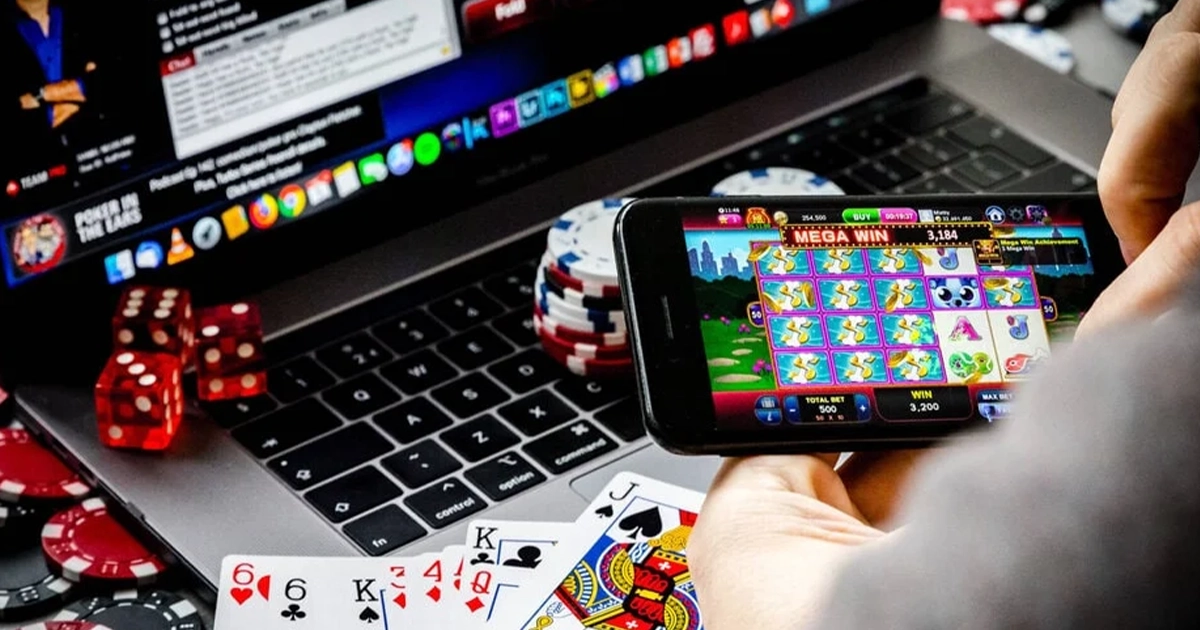Illegal online Casinos are booming business in Italy after the advertising ban
Since the advertisement ban in 2019 it’s been rough for the legal Italian gambling market that saw its market share decrease versus the illegal offering. La Gazzetta dello Sport recently revealed that the Italian Gambling Commission, also known as the Customs and Monopolies Agency (ADM), has blocked access to more than 9,000 illegal websites, an increase of over 400 websites compared to last year.
According to the European Gaming and Betting Association (EGBA), the estimated total revenue from illegal gambling in Italy is 25 billion euros. In light of recent news about several Serie A football players being found guilty of gambling on illegal platforms, these figures highlight how deeply rooted gambling is with these illegal casinos that are not supervised by the regulator (ADM). These illegal casinos are establishments without a licence in any jurisdiction, lacking any protective or regulatory framework for the players.
These illicit casinos represent the majority of the so-called black gambling market: out of the previously mentioned 25 billion euros, 18.5 billion is related to unauthorised gambling websites that proliferate on the internet. Since the beginning of 2023, the Italian Gambling Commission has blocked access to 9,828 illegal portals, with 143 blocked in the past month and a total of 400 more than last year. A direct consequence of this illegal circuit is a hole of one billion euros in the treasury due to the black gambling market.
Why do people gamble on platforms not approved by the Italian Gambling Commission?
According to experts, there are two reasons for this. The first reason often lies in the search for excitement. When someone doesn’t find the gambling product in the regulated market satisfying, they will look elsewhere. This can be compared to people buying cigarettes on vacation because they are cheaper because they derive more value from this product by paying less.
When a Gambling Commission enforces regulations too strictly, it affects market channelization. Market channelization is the ratio of players in a country engaging in regulated offerings. Also, due to the general advertising ban in 2019, people find it increasingly difficult to distinguish legal and illegal casinos. They may not always be aware of the risks of playing in casinos abroad as they are not protected in betting and money transactions.
The second reason is that placing bets on illegal sites is a criminal offence in Italy. For those who do not wish to or cannot be identified as players, operating with significant amounts of money that would not be legally allowed becomes an advantage. This is the case, for example, with footballers, who clearly do not place their own bets directly online. Instead, they use intermediaries or friends connected to illegal platforms that do not have reporting requirements, as is the case with the CTIF-CFI in Belgium, where legal Belgian sportsbooks are obligated to report suspicious transactions.
That this phenomenon is deeply rooted among the Italians became evident in recent research by Noto Sondaggi: 17% of respondents indicated knowing at least one person who has gambled on unauthorised websites, while 40% believe the phenomenon is increasing, and 72% think it should be more strongly combated.
With a recently implemented advertising ban, the evolution of the Italian gambling market is of interest to political policymakers and the Belgian Gambling Commission.


